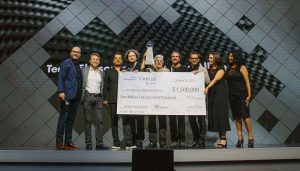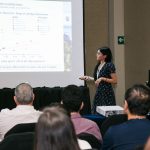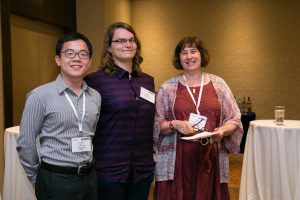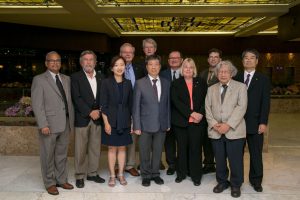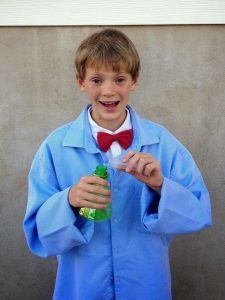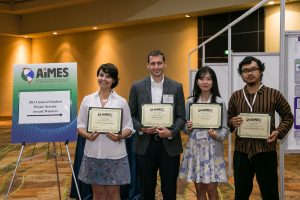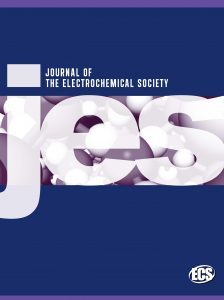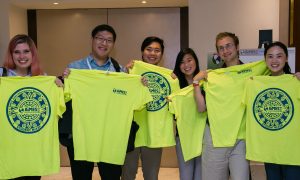At each ECS biannual meeting, some of our technical symposia put aside funding to recognize outstanding posters and presentations. This is a great opportunity to celebrate amazing researchers and students.
ECS established this program to recognize individuals engaged in the vast field of electrochemistry and solid state science. This program provides recognition and encouragement to continue outstanding research in the field. Recipients are selected based on specific award/recipient criteria.
At AiMES 2018 we gave out 13 awards and $4,745.00 in award funds. Below is a list of the awards winners for this meeting. (more…)


